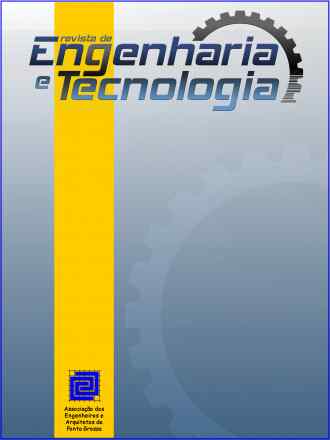Analysis of PID control applied to the speed control of a DC motor
Abstract
The main objective of the study was to evaluate the effectiveness of PID control in managing the speed of a DC motor, using an embedded system based on the ATMEGA328 microcontroller of the Arduino UNO R3 board. The experimental prototype consisted of a DC motor, a rotary encoder for speed measurement, and an L298n H-bridge for controlling the motor's direction and voltage. The PID controller was tuned using the Cohen-Coon method, followed by fine-tuning to optimize the system's performance. The methodology adopted involved three main steps: (a) experimental modeling of the DC motor, where the system's transfer function was obtained from the step response to voltage; (b) calculation of the PID controller gains using the Cohen-Coon method, with fine adjustments to improve the system's response; and (c) experimental validation of the closed-loop control, with speed supervision through a developed SCADA application for monitoring and data acquisition. The results demonstrated that the PID controller was effective in maintaining the motor speed at different setpoints (200 RPM, 275 RPM, and 120 RPM), with a steady-state error close to zero. The system showed consistent rise and settling times, with minimal or no overshoot, indicating proper tuning of the controller gains. Additionally, the analysis of performance parameters such as ISE, ITAE, IAE, and ITSE confirmed the system's robustness against speed variations and disturbances.
Downloads
Downloads
Published
Issue
Section
License

Este obra está licenciado com uma Licença Creative Commons Atribuição 4.0 Internacional.


